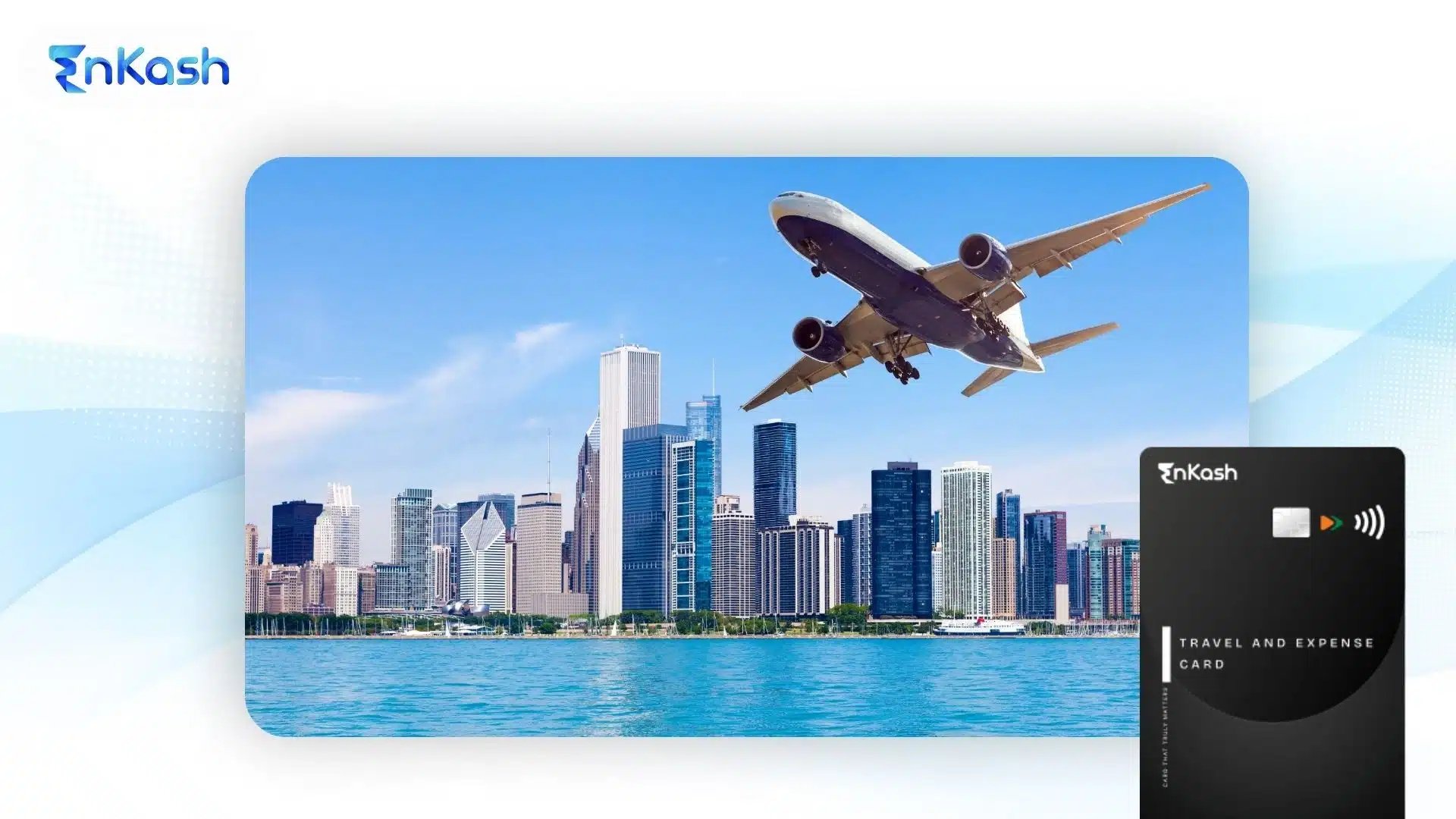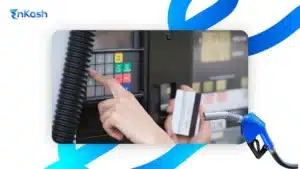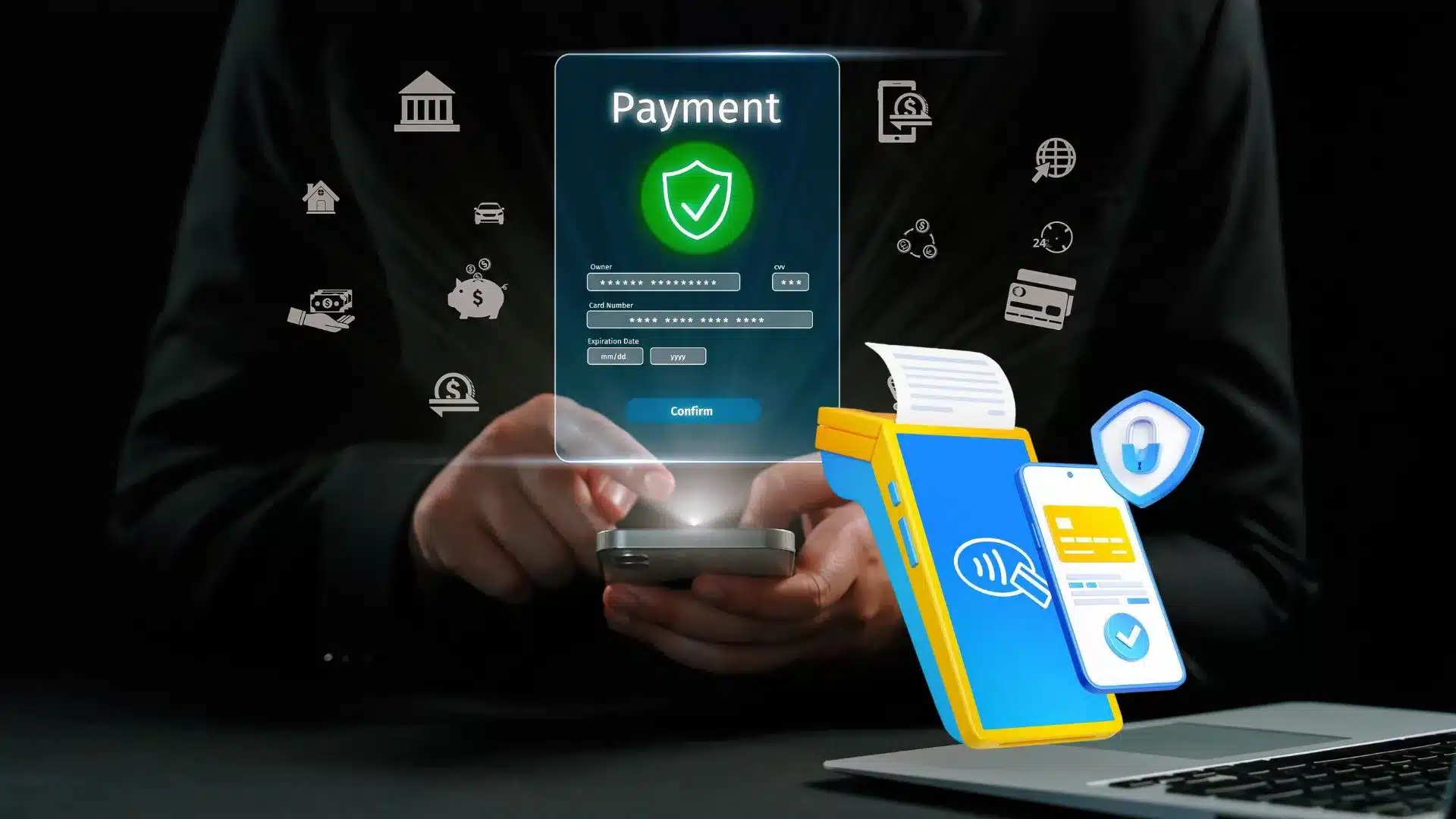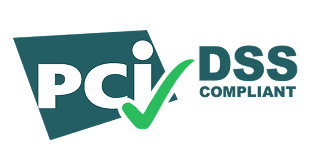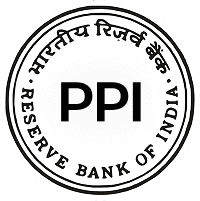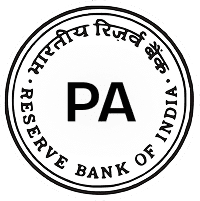International business travel has become an essential part of how companies operate. Meetings with clients, overseas training programs, and cross-border partnerships all demand smooth planning and precise financial management. Yet for many organizations, managing travel expenses still feels complicated. Currency fluctuations, scattered receipts, and reimbursement delays create unnecessary stress for employees and finance teams alike.
A corporate forex card solves many of these challenges. Instead of relying on cash advances or personal cards, companies can issue a business travel forex card that is preloaded with foreign currency. Employees use it for hotels, meals, transport, and other trip expenses, while the finance team tracks every transaction in real time. This setup makes business travel more secure and transparent.
The idea of a forex card for business travel is simple but powerful. It reduces the risk of carrying large sums of cash, cuts hidden currency conversion charges, and ensures that employees never spend from their own pockets on official trips. For companies, it means better control of budgets and cleaner records for accounting.
As global travel expands again, businesses are searching for reliable solutions that balance convenience with control. A corporate forex card for travel brings both to the table, making it an ideal tool for managing international expenses with clarity and ease.
Defining a Corporate Forex Card
A corporate forex card is a prepaid card designed for employees who travel abroad on official duty. The company loads money onto the card in advance, choosing the required foreign currency based on the employee’s travel destination. Once funded, the card works just like any other payment card at hotels, restaurants, airports, and retail stores across the world.
Unlike a personal card, this tool belongs to the organization. That difference matters because employees do not have to use their own money and wait weeks for reimbursements. With a prepaid forex card for employees, the company sets spending limits, tracks every transaction, and makes sure expenses stay within policy. It removes the guesswork from travel budgets and gives the finance team a clear picture of costs.
A reloadable card for business also adds flexibility. If an employee needs extra funds mid-trip, the finance team can top up the card instantly. Once the trip ends, any unused balance can be refunded or kept ready for future travel. This setup ensures that no money is wasted, and every transaction is accounted for.
For companies with global operations, a multi-currency corporate card is even more valuable. Instead of issuing different cards for every country, one card can carry several currencies at the same time. Employees moving between regions can pay in local currency without worrying about constant conversions.
In short, a corporate forex card for travel is more than a convenient payment method. It is a structured way for organizations to fund trips, monitor expenses, and reduce the financial stress that often comes with international assignments.
Why Businesses Are Moving Towards Forex Cards
Companies that send employees abroad face the same set of problems: unpredictable exchange rates, scattered bills, and long reimbursement cycles. Traditional payment methods like cash or personal cards rarely solve these issues. That is why many organizations are switching to a corporate forex card. It simplifies expense management and creates a smoother travel experience for employees and finance teams alike.
Here are the main reasons behind this shift:
- Better visibility and control
A forex card with expense tracking gives finance managers real-time updates on every swipe, withdrawal, or online payment. Dashboards and reports replace manual receipts, helping companies track budgets with accuracy. - Cost savings on currency exchange
Using a business travel forex card locks in the foreign exchange rate at the time of loading. This protects the company from sudden rate fluctuations and reduces hidden charges that usually come with international credit or debit cards. - Simplified compliance
Companies can set clear spending limits, restrict categories such as entertainment or personal shopping, and align every transaction with travel policy. With a forex card for companies, enforcing rules becomes far easier than chasing after reimbursements later. - Employee convenience
Staff no longer need to spend personal money during business trips. With a forex card for business travel, they can focus on their work instead of worrying about filing endless claims once they return. - Improved security
Carrying large amounts of cash puts travelers at risk. A corporate forex card for travel offers chip-and-PIN protection, instant blocking if lost, and even emergency replacement in some cases. This reduces stress for both employees and the company. - Faster auditing and reporting
Finance teams benefit from structured transaction records. This makes it easier to claim tax benefits, process GST input credits where applicable, and prepare accurate expense reports without chasing paperwork. - Flexibility across trips
Since most cards are reloadable, adding funds mid-journey or reusing the card for future travel is simple. This helps companies manage multiple business trips without issuing new cards each time.
Core Features Every Company Values
A corporate forex card is more than a convenient payment tool. It is designed with features that directly solve the challenges of international business travel. From managing multiple currencies to protecting employees against fraud, these features make the card a reliable choice for companies that send teams abroad.
Key features include:
- Multi-currency wallets
A multi currency corporate card can store several foreign currencies on the same card. An employee traveling through Europe, for example, can pay in euros, pounds, or Swiss francs without worrying about conversion each time. This avoids extra charges and makes payments seamless across countries. - Reloadable flexibility
A reloadable forex card for business allows the company to add money at any stage of the trip. If an employee attends an unexpected meeting abroad or extends their stay, the finance team can top up the card instantly. Once the journey ends, unused funds can be withdrawn or left for the next trip. - Virtual and physical options
Many providers now offer virtual forex cards for business in addition to physical cards. Virtual cards are ideal for booking flights, hotels, and online subscriptions before the trip begins. Physical cards remain useful for in-person payments and ATM withdrawals during travel. - Real-time expense tracking
A forex card with expense tracking links to mobile apps and web dashboards. Both employees and finance managers can see balances, past transactions, and spending summaries in real time. This transparency reduces disputes and speeds up reconciliation. - Security and fraud protection
Corporate forex cards are chip-and-PIN enabled. They also come with options to block the card immediately if it is lost. Some providers even include travel insurance or emergency cash assistance. Compared to carrying cash, a corporate forex card for travel is far safer. - Contactless and next-gen features
Many cards now support contactless payments, making small transactions faster. Some providers are also integrating biometric authentication and AI-driven fraud detection, which adds another layer of protection and convenience. - Global acceptance
A forex card for travel expenses is accepted at millions of merchants, ATMs, and online platforms worldwide. This universal reach means employees do not have to juggle multiple payment methods in different countries.
Expense Management Transformation
Handling travel expenses is one of the toughest tasks for finance teams. Collecting bills, matching receipts, and processing reimbursements can take weeks. A corporate forex card changes this process by giving both employees and companies a structured way to manage money abroad. It cuts down on paperwork, reduces errors, and makes financial reporting much faster.
Here is how it transforms expense management:
- Centralized expense data
With a forex card for companies, every payment is recorded automatically. Instead of tracking scattered receipts, finance teams can log into a single dashboard and see all spending in one place. This makes reviewing and approving expenses far simpler. - Real-time monitoring
A forex card with expense tracking updates balances and transactions instantly. Managers can monitor how money is being spent as the trip unfolds, which allows them to identify issues before they become major problems. - Integration with accounting tools
Many providers allow integration with ERP and expense management platforms. This means payments from a corporate forex card for travel can flow directly into accounting systems, cutting down on manual data entry. - Faster audits and compliance
Transaction histories are easy to export, making internal and external audits smoother. Companies that use a forex card for travel expenses find it easier to meet compliance requirements because every detail is already recorded digitally. - Cleaner tax reporting
Detailed records also help with filing accurate tax returns. In regions where GST or VAT credits apply, using a business travel forex card ensures proper documentation is available for claims. - Reduced reimbursement delays
Employees do not have to wait weeks to get their money back after a trip. Since the company funds the prepaid forex card for employees in advance, reimbursement cycles are virtually eliminated.
Cost and Fee Structure
A corporate forex card brings convenience, but like any financial tool, it has costs attached. Understanding these charges helps companies plan better and avoid surprises. Compared to international credit cards, the fees are usually lower and more transparent, which makes budgeting easier.
The typical costs linked to a business travel forex card include:
- Issuance fee
A one-time charge applies when the card is first created. For large organizations ordering multiple cards, some providers waive or reduce this fee. - Reload fee
A reloadable forex card for business allows companies to top up balances at any time. Providers may charge a small fee for each reload, though bulk agreements can lower this cost. - Cross-currency transaction charges
If an employee pays in a currency that was not loaded onto the card, the system converts it automatically. A small conversion fee may apply in such cases. Using a multi currency corporate card minimizes this expense. - ATM withdrawal charges
Employees can withdraw cash abroad using the card, but each withdrawal often carries a flat fee. Some companies encourage card swipes instead of ATM use to control costs. - Inactivity or closure fee
If a card remains unused for a long period or if it is closed early, a minor fee may apply. Clear communication from the provider ensures companies know these terms upfront. - Annual maintenance fee
Some providers charge a yearly fee to keep the card active, while others waive it for corporate accounts with regular usage.
How Companies Can Implement Forex Cards Effectively
Introducing a corporate forex card program is not just about issuing plastic or virtual cards. It requires planning, clear policies, and the right tools to ensure the system works for both employees and the finance team. When done properly, companies gain control, transparency, and efficiency in managing global travel expenses.
Here are the key steps for effective implementation:
- Choose the right provider
Compare banks and fintechs based on exchange rates, reload fees, and global acceptance. Look for features like mobile tracking, integration with accounting tools, and support for multi currency corporate cards. - Set clear policies
Define spending limits, approved categories, and guidelines for usage. With a forex card for companies, managers can restrict personal expenses and ensure that every swipe aligns with travel policies. - Train employees before rollout
Staff should know how to use both physical and virtual forex cards for business. Training should cover PIN setup, mobile app login, reporting procedures, and how to block a lost card. - Enable real-time monitoring
Finance teams should actively use dashboards to track payments from each corporate forex card for travel. This helps in spotting irregularities quickly and correcting them before they become costly. - Plan for reloads and refunds
With a reloadable forex card for business, companies must set up quick approval processes for topping up during trips. Similarly, unused balances should be refunded or stored for future use. - Review and optimize regularly
Collect feedback from employees, study expense reports, and refine policies as needed. Over time, this ensures the forex card for business travel remains effective and cost-efficient.
Implementing these steps ensures that the shift to a corporate forex card for travel is smooth, secure, and beneficial for everyone involved.
Corporate Forex Cards vs Alternatives
Companies have tried several ways to fund international trips—cash advances, personal cards, or even direct bank transfers. Each method comes with its own set of drawbacks, from high costs to poor visibility. A corporate forex card offers a more balanced approach by combining convenience, safety, and control.
Here is how it compares against the common alternatives:
| Payment Method | Challenges Faced | How a Corporate Forex Card Helps |
|---|---|---|
| Cash | High risk of theft or loss, hard to track usage, no digital records. | A forex card for travel expenses is safer, fully traceable, and eliminates the need to carry large amounts of money. |
| Personal credit cards | Employees spend from their own funds, face reimbursement delays, and deal with high foreign exchange markups. | A business travel forex card is company-funded, locks in rates, and removes the stress of reimbursements. |
| Debit cards linked to company accounts | Direct exposure to company bank balance, poor FX rates, limited control over categories. | A corporate forex card for travel separates funds, offers better exchange rates, and allows restrictions on usage. |
| Wire transfers or petty cash | Slow process, high transfer charges, difficult to reconcile, and impractical for small daily expenses. | A reloadable forex card for business provides instant access to funds, lower costs, and easy integration with expense reports. |
By comparing the options, the advantages of a forex card for companies become clear. It secures money, ensures compliance, and gives finance teams the transparency they need, all while making life easier for employees abroad.
Conclusion
Managing international expenses has always been a challenge for organizations. Currency swings, scattered receipts, and long reimbursement cycles drain both time and energy. A corporate forex card changes this by offering a single solution that combines convenience for employees with control for finance teams.
From locking in exchange rates to providing real-time tracking, a business travel forex card helps companies spend smarter and stay compliant. The ability to reload funds, support multiple currencies, and use virtual versions makes it flexible enough to adapt to modern business needs.
As global travel expands, tools like the forex card for business travel will become the standard. Companies that adopt them now will enjoy smoother trips, stronger financial oversight, and employees who can focus on work instead of paperwork. In the end, a corporate forex card for travel is not just about payments, it is about creating a smarter and more efficient way to manage global business expenses.
FAQs
Q1. How does a corporate forex card differ from a standard prepaid card?
A corporate forex card is issued to employees for official trips, funded by the company in foreign currency. Unlike personal prepaid cards, it allows centralized tracking, policy control, and reporting features designed for business expense management.
Q2. Can a corporate forex card hold multiple currencies at once?
Yes. A multi currency corporate card can store different currencies such as USD, EUR, GBP, or AED simultaneously. This feature is helpful for employees traveling through multiple countries, as it avoids frequent conversions and reduces additional fees.
Q3. How secure is a corporate forex card during international travel?
A corporate forex card for travel is safer than carrying cash. It uses chip-and-PIN technology, can be blocked instantly if lost, and many providers also include fraud protection, travel insurance, or emergency card replacement for added security.
Q4. Can companies track spending in real time with a forex card?
Yes. Most providers offer dashboards and mobile apps that update instantly. A forex card with expense tracking gives finance teams live visibility into payments, helping them monitor budgets, prevent misuse, and manage approvals efficiently during trips.
Q5. What happens to the unused balance on a corporate forex card?
After a trip, the balance can either be refunded to the company’s account or kept on the reloadable forex card for business for future travel. This flexibility ensures no money goes to waste and all funds remain traceable.
Q6. Are virtual forex cards for business as effective as physical ones?
Yes. Virtual forex cards for business are useful for online bookings like flights, hotels, and SaaS subscriptions. They carry the same protections as physical cards but are limited to digital transactions rather than in-person payments or ATM withdrawals.
Q7. Do forex cards reduce foreign exchange conversion costs?
They help by locking exchange rates at the time of loading. A business travel forex card prevents sudden rate changes from affecting budgets. Using multi-currency cards also avoids extra conversion charges during cross-border transactions.
Q8. Can corporate forex cards be integrated with expense management systems?
Many providers support integration with accounting software and ERP systems. This feature allows payments from a forex card for companies to be recorded directly into corporate ledgers, saving time on manual data entry and reconciliation.
Q9. Is a forex card accepted everywhere internationally?
Yes. A forex card for travel expenses is accepted at millions of merchants, ATMs, and online platforms across the globe. However, companies should confirm acceptance in smaller towns or remote areas where card networks may have limited coverage.
Q10. Are there limits on how much can be loaded onto a corporate forex card?
Yes. Limits depend on the provider and local regulations. A prepaid forex card for employees typically supports amounts within travel allowance policies, but companies can reload as needed to ensure employees have adequate funds during long trips.

